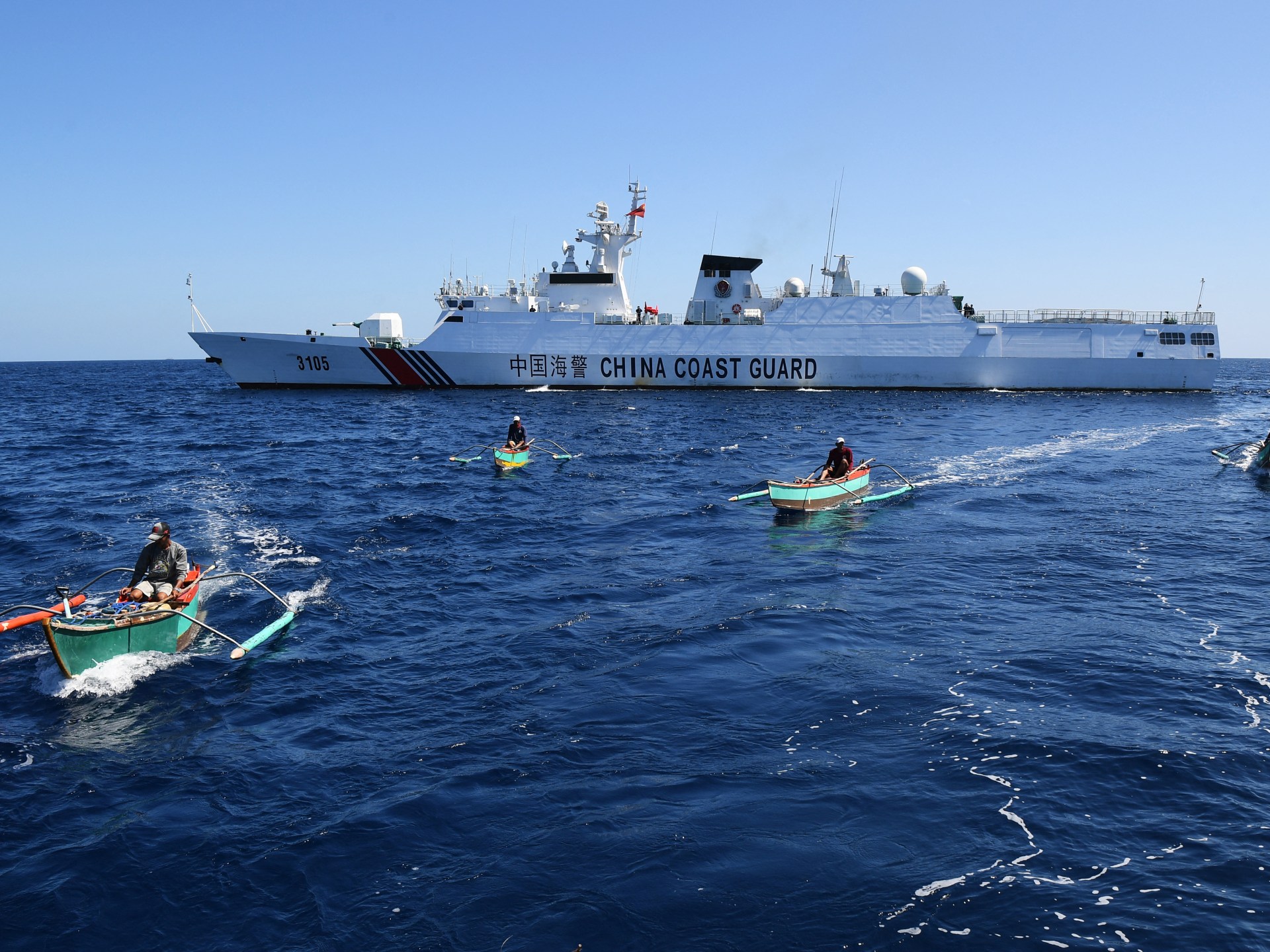
16 Nobel Prize-winning Economists Warn of Trump's ...
Sixteen Nobel Prize-winning economists have signed a letter expressing their concerns about the pote...
Read more
China has announced new regulations that allow for the detention of foreigners in the disputed South China Sea. The regulations, which come into effect on July 1, 2024, state that foreign vessels entering Chinese waters without permission can be detained and their crew members arrested. The new rules also grant Chinese authorities the power to seize and confiscate any equipment or goods found on board such vessels. The move has been met with concerns from neighboring countries and international organizations, who see it as a further escalation of tensions in the region. The South China Sea is a strategically important waterway, home to vital shipping routes and rich fishing grounds. China claims sovereignty over nearly all of the sea, despite overlapping claims from Vietnam, the Philippines, Malaysia, Brunei and Taiwan. In recent years, China has been increasingly assertive in asserting its territorial claims, building artificial islands and deploying military assets in the region. This has led to a number of maritime disputes and heightened tensions between China and its neighbors. The new regulations are seen as a further attempt by China to exert control over the South China Sea and discourage foreign activity in the region. The United States, which has a strong military presence in the region, has condemned the new regulations, calling them "illegal" and a violation of international law. The US has also accused China of using its maritime militia to intimidate and harass foreign vessels in the South China Sea. The new regulations are likely to further complicate the already tense situation in the South China Sea and raise the risk of conflict. They will also have a significant impact on international shipping and trade in the region.
Summary
"China's new regulations, which allow for the detention of foreigners in the disputed South China Sea, have sparked concerns from neighboring countries and international organizations. The move is seen as a further escalation of tensions in the region and an attempt by China to exert control over the strategically important waterway. These regulations could have a significant impact on international shipping and trade, and raise the risk of conflict in the region."
Updated at: 06.16.2024
Categories